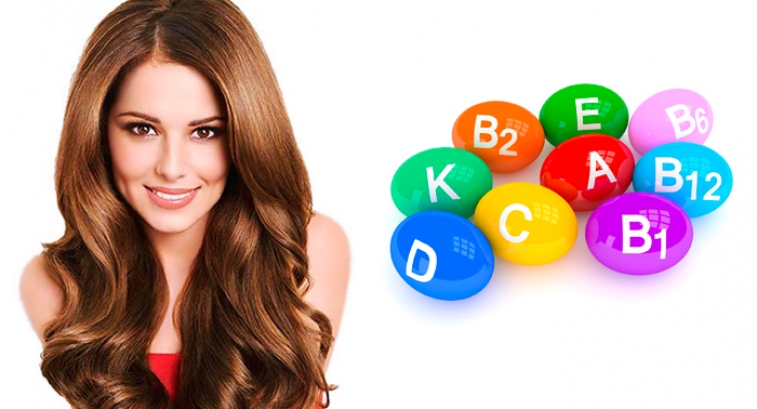Hair loss is a common concern affecting millions worldwide. while factors like genetics, hormonal changes, and medical conditions play significant roles, nutritional deficiencies, particularly in certain vitamins, can also contribute significantly to hair loss. This blog explores which vitamin deficiencies are commonly liked to hair loss and how to address them effectively.
Vitamin D
Role in Hair Health
Vitamin D plays a crucial role in hair follicle health. It helps in the creation of new hair follicles, which can help maintain hair thickness and prevent existing hair from falling out prematurely.
Symptoms of Deficiency
- Thinning hair or bald patches
- General hair shedding
- Weak hair
Sources
- Sunlight exposure
- Fortified food (e.g. milk, cereals)
- Fatty fish (e.g., salmon, mackerel)
- Supplements
Addressing Deficiency
Ensure adequate sun exposure, include vitamin D-rich foods in your diet, and consider supplements after consulting with a healthcare provider.
Vitamin B7(Biotin)
Role in Hair Health
Biotin is essential for the production of keratin, a protein that makes up hair, skin, and nails. It helps in maintaining healthy hair by promoting growth and preventing brittleness.
Symptoms of Deficiency
- Brittle hair
- Hair thinning
- Hair breakage
Sources:
- Eggs
- Nuts (e.g. almonds, walnuts)
- Seeds(e.g. sunflower seeds)
- Sweat potatoes
- Spinach
Addressing Deficiency:
Incorporate biotin-rich foods into your diet and consider biotin supplements if needed, but consult with a healthcare professional first.
Vitamin B12
Role in hair health
Vitamin B12 support the production of red blood cells, which are essential for carrying oxygen to the scalp and hair follicles. Adequate oxygen supply ensures health hair growth and prevents hair loss.
Symptoms of Deficiency:
- Hair loss
- Weak hair
- Fatigue
Sources:
- Meat (e.g. beef, chicken)
- Fish (e.g. salmon, tuna)
- Dairy products (e.g. milk, cheese)
- Fortified cereals
Addressing Deficiency:
Consume a balanced diet that includes B12-rich food. Vegetarians and vegans may need to take B12 supplements, as plant-based sources are limited
Vitamin E
Role in Hair Health:
Vitamin E acts as an antioxidant, protecting hair follicles from oxidative damage and promoting a healthy scalp environment conductive to hair growth.
Symptoms of Deficiency:
- Hair loss
- Dry, brittle hair
- scalp issues
Sources:
- Nuts and seed (e.g. almonds, sunflower seeds)
- Spinach
- Avocados
- Oliva oil
Addressing Deficiency:
Include a variety of vitamin E-rich foods in your diet and consider topical treatments containing vitamin E for direct scalp application.
Vitamin A
Role in Hair Health:
Vitamin A is vital for cell growth, including hair cells. It helps produce sebum, an oily substance that moisturizes the scalp and keeps hair healthy.
Symptoms of vitamin A:
- Dry hair
- Scalp dryness
- Hair thinning
Sources:
- Carrots
- Sweat potatoes
- Spinach
- Kale
Addressing Deficiency:
incorporate vitamin A-rich foods into your meals, but be cautious of excessive intake, as high levels of vitamin A can also lead to hair loss.
Conclusion
Maintaining a balanced diet rich in essential vitamins is crucial for healthy hair. If you suspect a vitamin deficiency is causing your hair loss, consult with a healthcare professional. They can conduct test to identify any deficiencies and recommend appropriate dietary adjustments or supplements to restore hair health.
Regularly monitoring your nutritional intake and ensuring you get a variety of vitamins will help you maintain not only healthy hair but also overall well-being.


